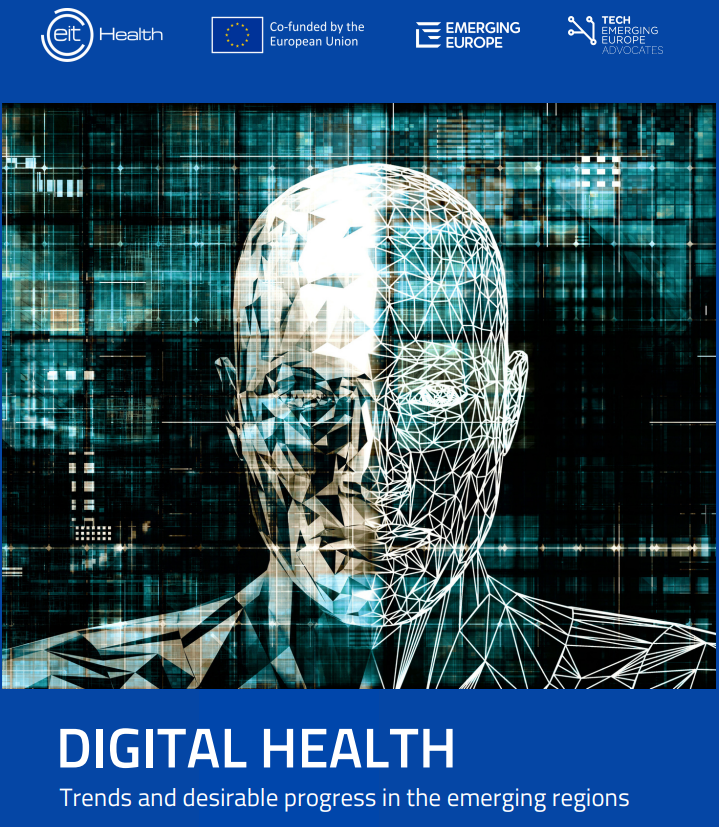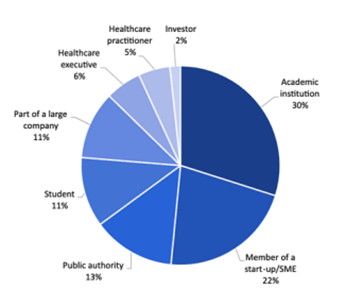
- Search term must have more than 2 characters.

The Covid-19 pandemic has shown us the serious consequences that healthcare systems can have not only on health, but also on economic growth and social cohesion. The pandemic has also accelerated investment in the health sector. According to the Crunchbase database, European start-ups have reached €52.5 billion in venture funding in the first half of 2021, up from €16.5 billion in the first half of 2020 and €21.8 billion in the second half of 2020. As Europe's leading healthcare innovation community, EIT Health has been called upon to combat the Covid-19 pandemic and has been at the forefront of some of the most significant innovative healthcare solutions introduced in the last two years.





Based on the data, EIT Health proposes the following recommendations.
You can read the full research report here: DIGITAL HEALTH - Trends and desirable progress in the emerging regions